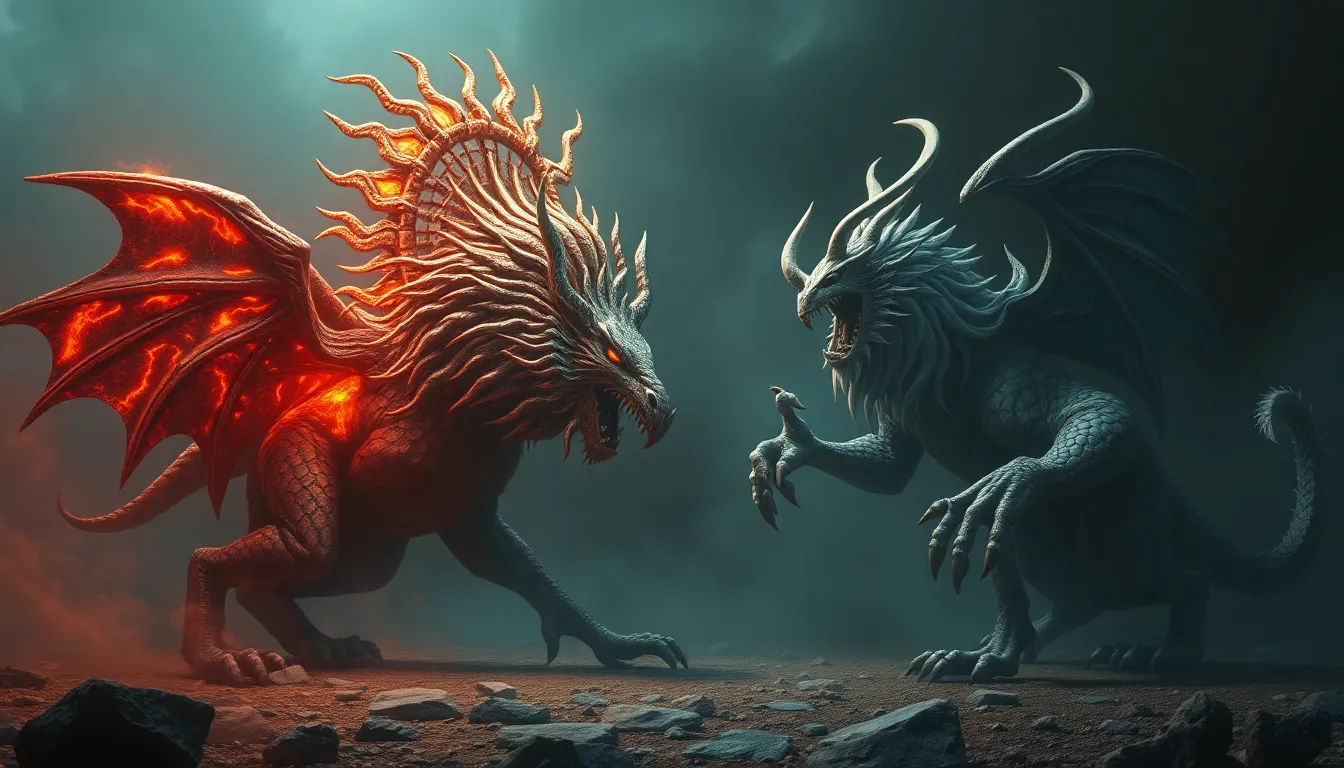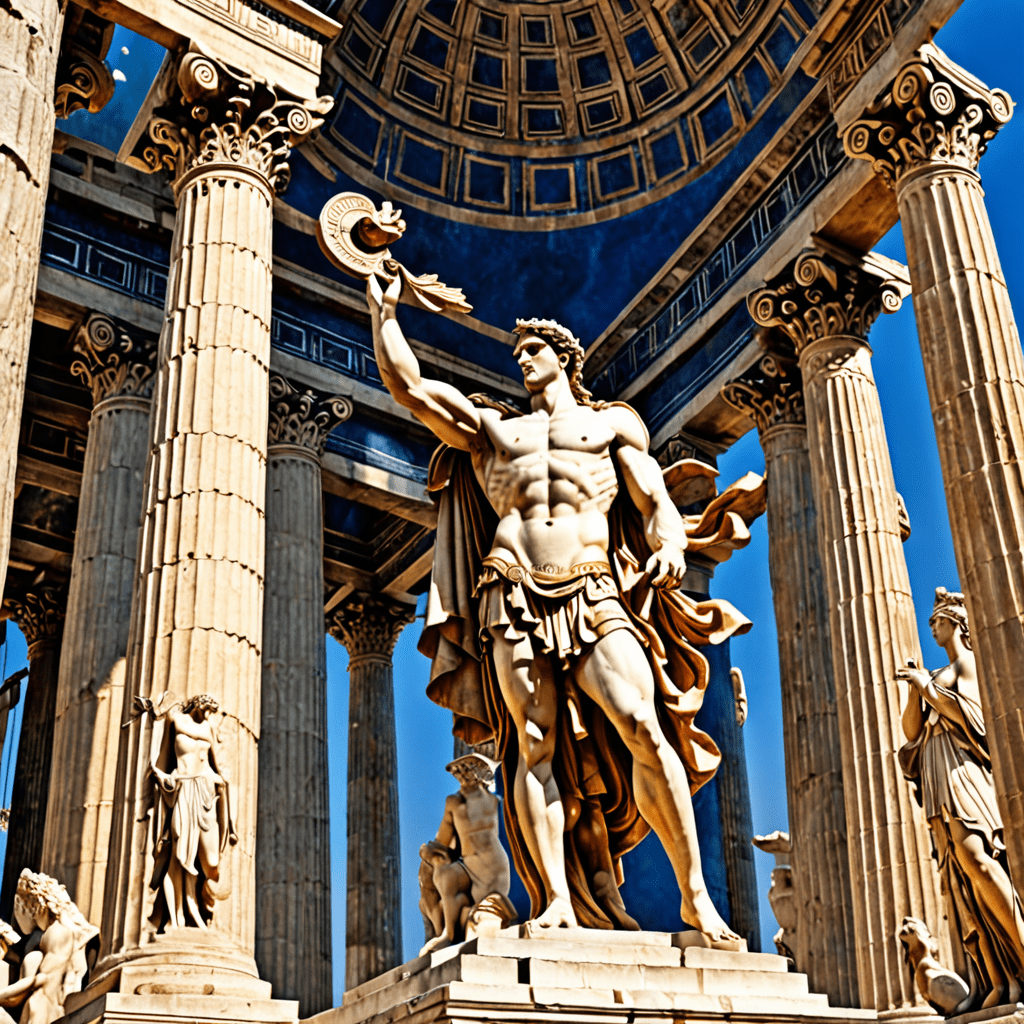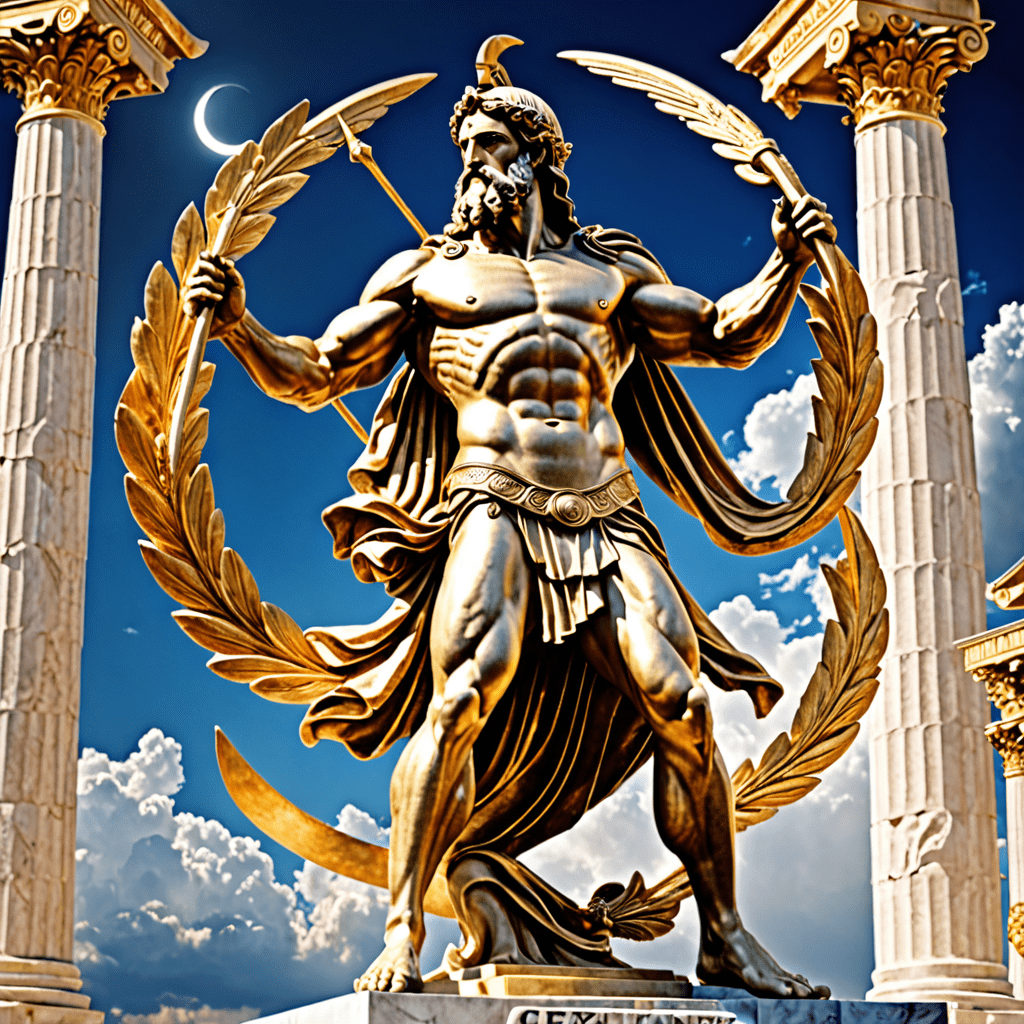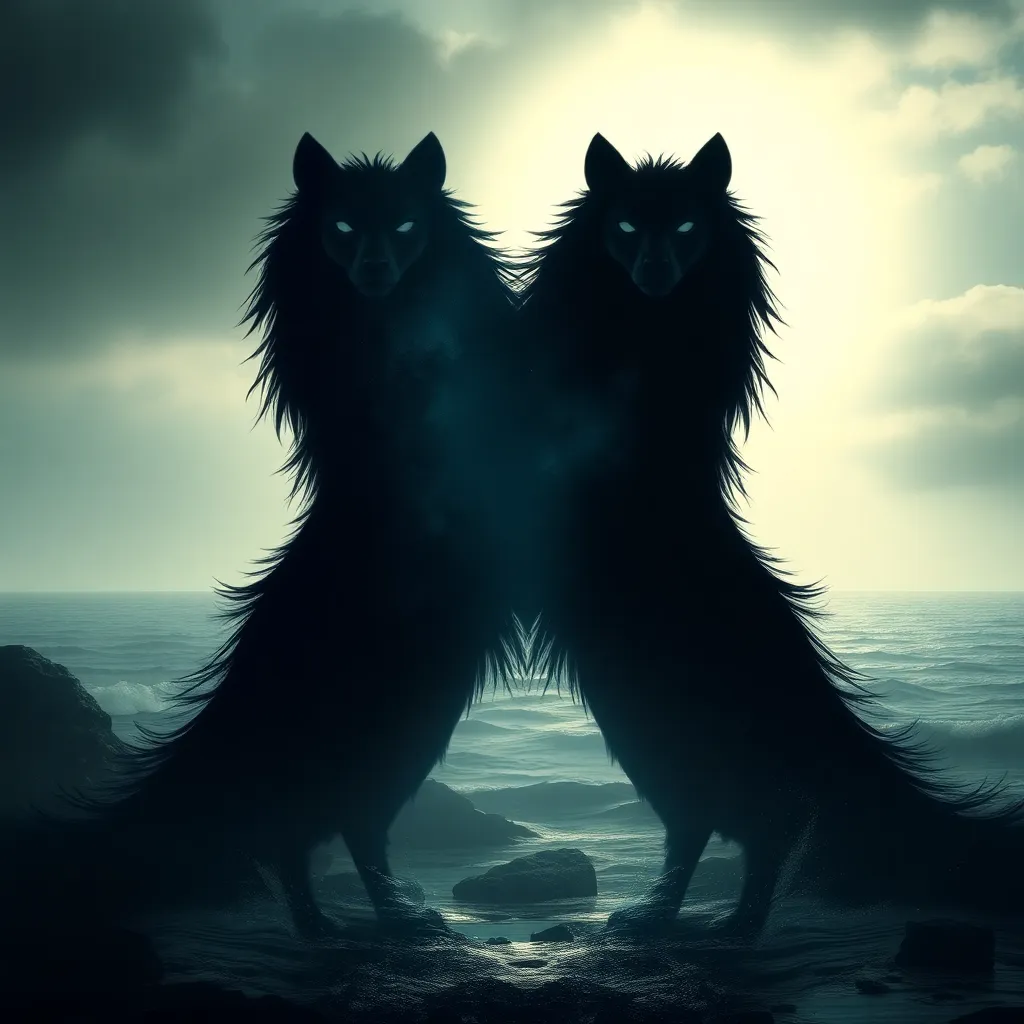The Great Mythological Showdown: Who Will Prevail?
Introduction: Setting the Stage for Mythological Battles
The concept of mythological showdowns has captivated audiences for centuries, serving as a vibrant canvas where gods, heroes, and monsters clash in epic confrontations. These narratives are not merely tales of violence; they represent the eternal struggle between good and evil, order and chaos, and the human condition itself. Mythology, in its various forms, plays a crucial role in cultural narratives, helping societies understand their values, fears, and aspirations. This article aims to explore the rich tapestry of mythological conflicts and ponder the question: who would prevail in these legendary battles?
Understanding Mythology: A Brief Overview of Major Pantheons
Mythology encompasses a multitude of traditions, each with its own unique set of deities, heroes, and creatures. Some of the most prominent mythological traditions include:
- Greek Mythology: Home to gods like Zeus and heroes like Hercules.
- Norse Mythology: Features Odin, Thor, and a variety of mythical creatures.
- Egyptian Mythology: Encompasses gods such as Ra and Osiris, along with legendary creatures like sphinxes.
Each of these pantheons has significantly influenced modern storytelling, inspiring countless books, films, and artistic expressions. The archetypes found within these myths resonate deeply within the human psyche, shaping our understanding of heroism, morality, and the cosmos.
The Heroes: Titans of Mythology
Throughout history, legendary heroes have emerged from mythologies, embodying the ideals of their cultures. Some of the most famous heroes include:
- Hercules: Known for his incredible strength and the Twelve Labors that tested his resolve.
- Thor: The Norse god of thunder, wielding the mighty Mjölnir and known for his bravery.
- Gilgamesh: A Sumerian king who embarked on a quest for immortality, grappling with human limitations.
These heroes are defined by their unique traits, strengths, and weaknesses. For instance, Hercules is often depicted as strong but flawed, while Thor’s bravery can sometimes lead him into reckless situations. Their notable achievements not only showcase their heroism but also serve as moral lessons within their respective myths.
The Gods: Powerhouses of the Divine Realm
The gods and goddesses of mythology are often depicted as wielding immense power, influencing the lives of mortals and engaging in conflicts that shape the very fabric of existence. Key figures include:
- Zeus: King of the Greek gods, ruler of the sky, and enforcer of justice.
- Odin: The All-Father in Norse mythology, associated with wisdom, war, and death.
- Ra: The Egyptian sun god, symbolizing life and order.
These deities often find themselves in conflict, not just with each other, but also with the heroes of their myths. The outcomes of these divine confrontations have profound implications for humanity, often determining the fate of entire civilizations.
Monsters and Beasts: The Adversaries of Legends
Mythological narratives are replete with fearsome creatures that challenge heroes and gods alike. Some notable monsters include:
- Dragons: Symbolic of chaos and power, dragons often guard treasures and serve as formidable foes.
- Minotaurs: Half-man, half-bull creatures that embody the fears of civilization.
- Griffins: Majestic creatures that represent the fusion of different elements, often serving as guardians.
These monsters play crucial roles in myths, often representing the internal and external struggles faced by heroes. Iconic battles, such as those between Hercules and the Nemean Lion or Thor and Jörmungandr, illustrate the high stakes involved in these confrontations.
The Setting: Environments of Mythological Conflicts
The environments in which mythological battles take place are as significant as the characters involved. Some notable realms include:
- Mount Olympus: The dwelling place of the Greek gods, representing divine authority.
- Asgard: The home of the Norse gods, symbolizing strength and valor.
- The Underworld: A realm of the dead, associated with mystery and the unknown.
These settings not only influence the nature of the battles but also enhance the dramatic tension of the narratives. The consequences of a battle can vary dramatically depending on whether it occurs in the heavens, on Earth, or in the depths of the underworld.
The Rules of Engagement: Mythical Combat Mechanics
Mythical combat is often governed by its own set of rules and mechanics. Key elements include:
- Weapons: Legendary artifacts like Excalibur or Mjölnir play crucial roles in determining the outcome of battles.
- Magic: Many heroes and gods wield magical abilities that can turn the tide of combat.
- Cunning Strategy: Sometimes, wits can be more powerful than brute strength, as seen in the Trojan War.
Additionally, fate and prophecy often dictate the outcomes of these conflicts, reminding us of the larger forces at play within the universe.
Famous Mythological Showdowns: A Case Study
Throughout mythology, there have been many iconic battles that resonate with audiences. Two notable examples are:
- Achilles vs. Hector: A classic tale of honor and vengeance during the Trojan War, showcasing the consequences of pride and fate.
- Thor vs. Jörmungandr: The epic confrontation between the god of thunder and the World Serpent, symbolizing the struggle between order and chaos.
These battles offer profound lessons about heroism, sacrifice, and the complexities of human nature, reflecting the values of the cultures that produced them.
Who Will Prevail? Theoretical Outcomes and Speculative Matchups
As we ponder hypothetical battles between heroes and gods from various mythologies, several factors come into play:
- Skills: The individual abilities of each combatant, including strength, speed, and intelligence.
- Environment: The setting of the battle can greatly influence the outcome.
- Alliances: The presence of allies or the betrayal of friends can shift the dynamics of combat.
For example, imagining a battle between Hercules and Thor raises questions about strength versus divine power, while a confrontation between Achilles and Gilgamesh could explore themes of mortality and honor. Ultimately, the outcomes of these mythical matchups remain speculative, inviting endless debate among enthusiasts.
Conclusion: The Everlasting Appeal of Mythological Showdowns
Mythological showdowns are more than mere fantasy; they are reflections of our deepest fears, hopes, and values. They teach us about the complexities of heroism, the nature of power, and the eternal struggle between good and evil. As we continue to explore these narratives, we not only celebrate the rich tapestry of human imagination but also find meaning in our own stories, echoing the battles of the past in our present lives.




